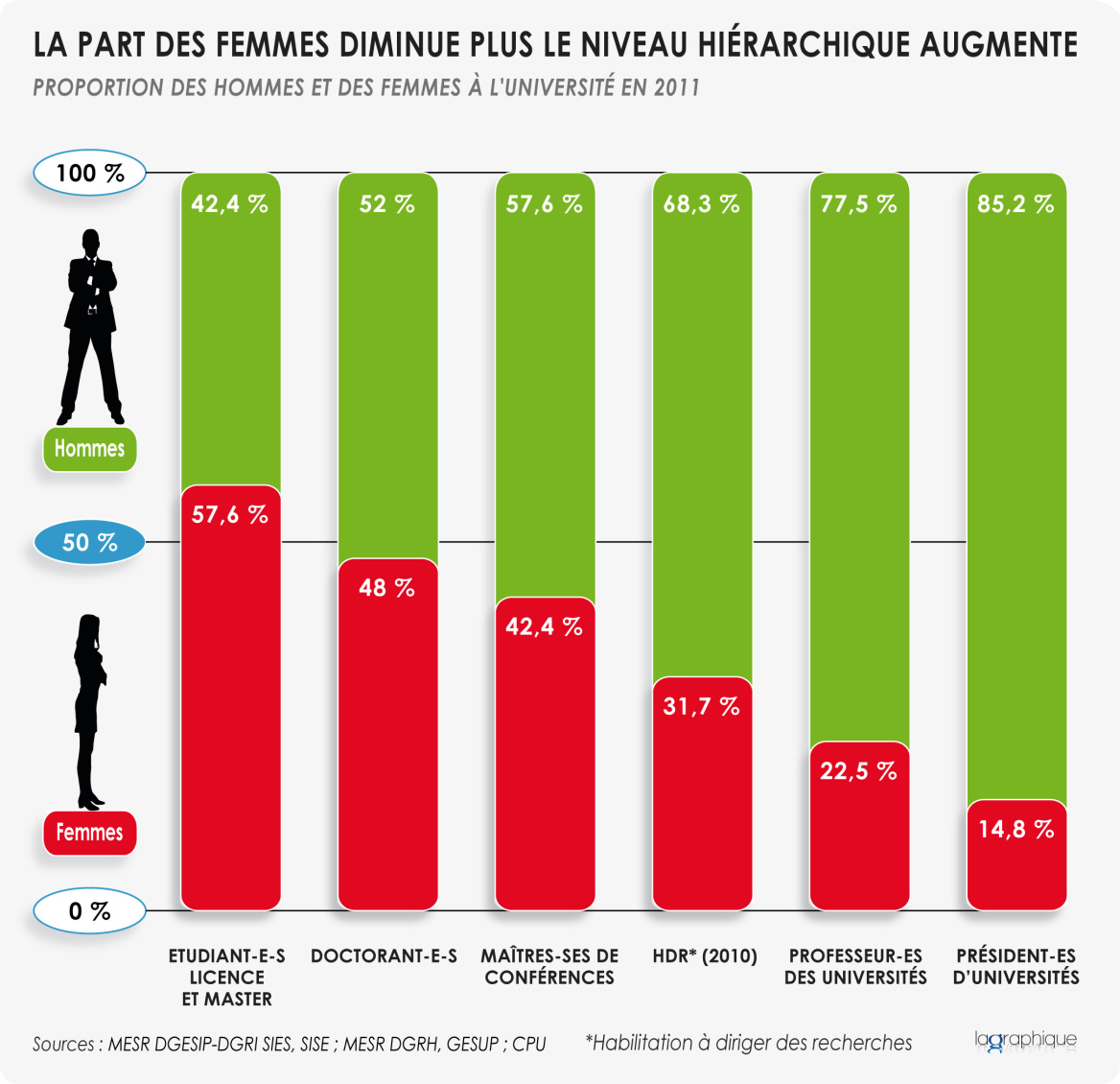The Romanian government has withdrawn its controversial decree decriminalising certain corruption offences. At the same time Prime Minister Grindeanu announced that a new bill with similar content would be presented to parliament. Despite the government’s climbdown hundreds of thousands across Romania demonstrated against corruption on Sunday. The press also takes the view that the Romanians can no longer trust their government.
Romanian protesters use mobile phones to protest
BBC News | Europe | World Edition

Thousands of people protested in Bucharest on Sunday night.
Germany president: Steinmeier chosen by lawmakers
BBC News | Europe | World Edition

The former foreign minister is highly popular in Germany, and has been critical of Donald Trump.
EurActiv.com by Samuel White

Despite a wave of similar grassroots anti-government protests elsewhere, particularly in the US, the roots of the present wave of protests in Romania lie in the political and economic failures of the country’s post-communist transition, writes Bogdan Enache.
In Romania hundreds of thousands of protesters continue to demonstrate and call for the government to step down, despite the latter’s withdrawal of its decree decriminalising certain corruption offences. Europe’s press praises the demonstrators’ steadfastness.
Frank-Walter Steinmeier was elected the twelfth president of the Federal Republic of Germany on Sunday. In his acceptance speech the former foreign minister called on his compatriots to show courage. His election could above all inject his party the SPD with new optimism in the run up to the election, some journalists point out. Others are disappointed that the new president isn’t the type to seek confrontation.
Germany elects ‘anti-Trump’ Steinmeier as president
EurActiv.com by Georgi Gotev

Billed as Germany’s “anti-Trump”, former foreign minister Frank-Walter Steinmeier was elected Sunday (12 February) as the new head of state, vowing to stand up to simplistic populist rhetoric.
Swiss voters soundly reject corporate tax overhaul
EurActiv.com by Georgi Gotev
Swiss voters clearly rejected plans to overhaul the corporate tax system yesterday (12 February), sending the government back to the drawing board as it tries to abolish ultra-low tax rates for thousands of multinational companies without triggering a mass exodus.
Vice-versa: Racial profiling in Germany
EurActiv.com by Nicole Sagener

Germany and the EU: How do they cooperate? Where do their approaches conflict and where are their interests aligned? Euractiv Germany’s new Vice-Versa series continues to take a look at one issue from both a European and federal government perspective.
23 EU countries are breaking European air quality laws
EurActiv.com by James Crisp

European air quality laws are being flaunted in more than 130 cities across 23 of the 28 EU member states, the European Commission said yesterday (6 February).
decasia: critique of academic culture
I wanted to repost a useful graphic from a French academic feminist group in Lyon. The self-explanatory title reads (approximately), “Women’s share declines, the higher you go up the hierarchy.”

Paylaş/Share this:
- Click to share on Twitter (Opens in new window)
- Click to share on Facebook (Opens in new window)
- Click to share on Reddit (Opens in new window)
- Click to share on Telegram (Opens in new window)
- Click to share on LinkedIn (Opens in new window)
- Click to share on Pinterest (Opens in new window)
- Click to share on Pocket (Opens in new window)
- Click to share on Tumblr (Opens in new window)
- Click to share on WhatsApp (Opens in new window)
- Click to print (Opens in new window)
- Click to email a link to a friend (Opens in new window)
Related
Discover more from Erkan's Field Diary
Subscribe to get the latest posts sent to your email.